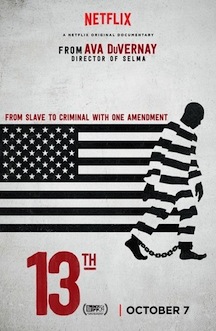Direction: Ava DuVernay
Country: USA
Directed by Ava DuVernay, known for Selma (2014) and 13th (2016), Origin is a wobbly biographical drama based on Isabel Wilkerson’s Pulitzer Prize-winning book Caste: the Origins of our Discontents, published in 2020.
Grappling with family loss, Isabel (Aunjanue Ellis-Taylor) decides to spend more time researching the cultural divides of caste and racism across different continents, the topic of her new book. She travels to Germany and India to better understand the Nazi regime and the Dalit situation, respectively. Comparisons with segregation in the United States are analyzed.
Despite noble intentions, this dramatization crumbles due to a disjointed, bumpy narrative. Rigid in the moves and broken in structure, Origin is turned into a film-lecture, whose content and ideas don’t really gel on the screen. More interested in a didactic presentation and in defending its point of view than being compelling, the film soon becomes erratic, displaying more heart than mind. Pathos and sentimentality are often potentiated by Kris Bowers’ mellow musical score.
The message DuVernay aims to convey doesn’t come across clearly, and the results instead of reaching any state of maturation, feel merely superficial. It’s surprising how tame the film is, taking into account its weighty subject matter. Origin may be informative in some aspects but not to the point of making us remember it as a powerful statement.





